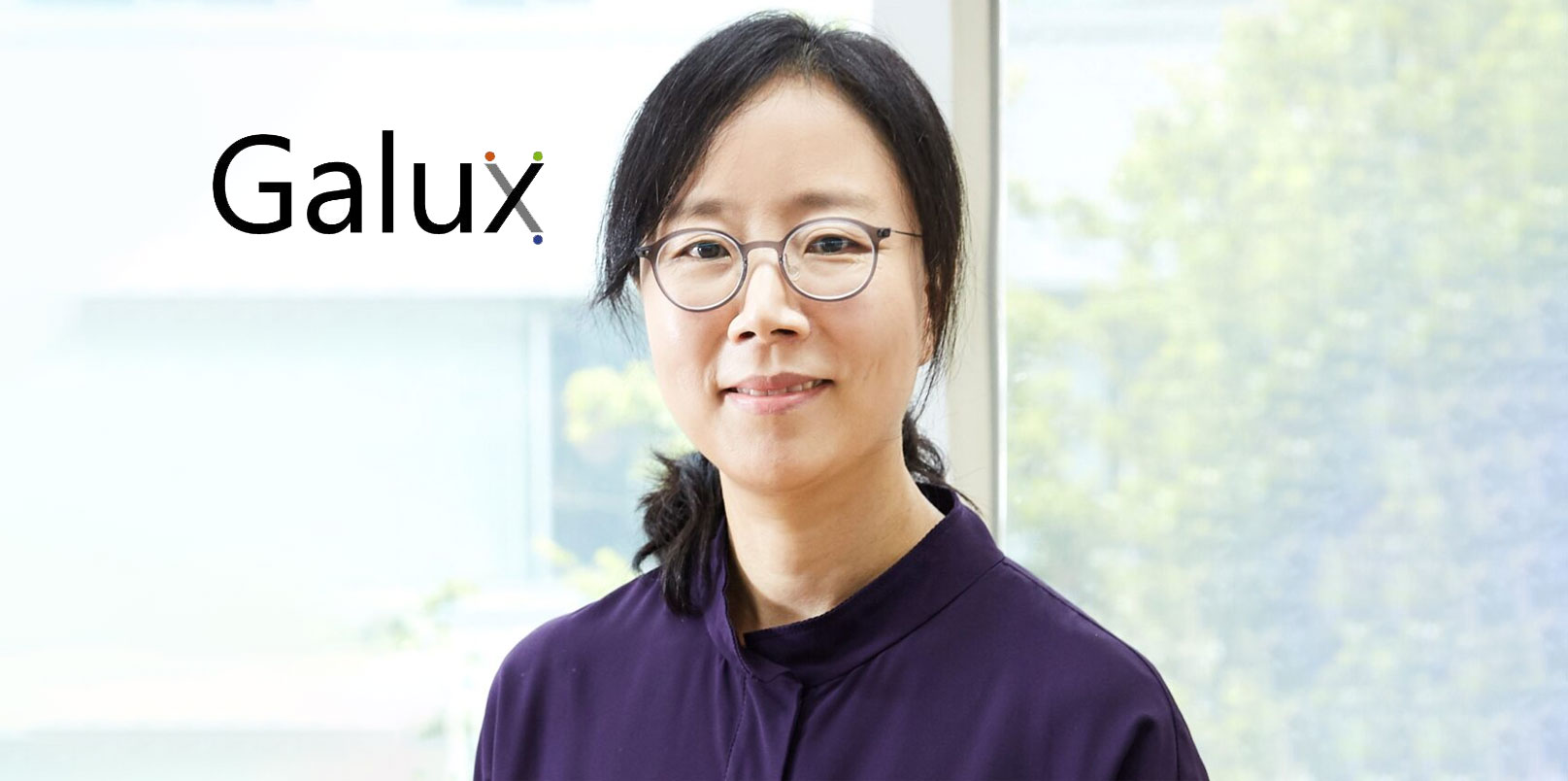Dan Laufer knows that the world can be a much better place when connected. His latest role as the Director of Growth and Partnerships at Nextdoor, the neighbourhood social network company, lets him do just that. Nextdoor is a free and private social network used by 190,000 neighbourhoods across the U.S.
In this role, he leads member growth initiatives and strategy for the company and oversees partnerships that include public agencies and news organizations.
Dan has worked in the tech world in various capacities for the past decade. He is also the cofounder of RentLingo.com, a startup that is the market leader in location intelligence and expert apartment reviews.
Dan is a graduate of the University of Virginia and Stanford Graduate School of Business. He lives in San Francisco with his wife and daughter.
Koreatechdesk.com asked Dan Laufer some questions regarding challenges faced by startups and advice on how to do better in the startup sphere.
1. How did you join Nextdoor?
When I was actively looking for a new job, I reached out to many people in my network to hear what companies they thought were interesting or exciting. And then I would look for an open role that I thought could be a fit for me. Luckily Nextdoor fit the bill on both aspects.
2. Please tell me more about your role in the company?
I am responsible for getting more people to sign up and use Nextdoor. Part of the work is managing paid acquisition, part of it is working with the product team and part of it is facilitating partnerships that we think will add value to our members and help accelerate our growth.
3. What have you learned so far in your industry and what do you want to achieve in the future?
Consumer internet is a crowded, noisy place. It’s hard to capture someone’s attention when there are so many products competing for it. When working on a startup, you have to answer either: why will someone rave about this product to someone else or do we have some unfair advantage in acquiring users over competitive products? Without either of those (and sometimes that’s not even enough) it’s hard to sustainably win.
4. What are the main reasons that startups have difficulties in working with corporates in your industry?
There’s an expression that companies are bought not sold. It means that it’s hard to sell your company if a potential acquirer isn’t already hungering for it. Same is true for partnerships. The other big misstep I’ve seen is a company pitching a partnership and sharing how it’ll be great for them but completely miss how it’s valuable to us. Obviously a successful partnership has to be compelling for both sides.
5. What’s your advice to entrepreneurs who have a chance to meet an industry expert like you to ask for support?
One of the great things about Silicon Valley is people are genuinely happy to help others, even strangers. First piece of advice is don’t be shy in asking. That said, if you ask, it helps to be clear on what you’re looking for and why you think this person can be helpful. A generic “let’s connect” or “can we chat” without more context makes me wonder if I’m the right person to help and if we’re just going to waste each other’s time. Demonstrating you’ve done some homework goes a long ways.
6. How would you want to support Korean startups in the future if you have opportunities?
There’s an incredible amount of innovation happening in Korea. Both ecosystems (Silicon Valley and Korean tech) can benefit from collaborating.
7. What’s your general thought about the term “Global”?
The barriers to reaching to people, distributing content and information is lower than ever. And cultural influence is more fluid than ever. The existence and continuation of those trends defines “global” to me.
8. What are the important factors for Korean startups to consider for a US expansion in your industry?
I think it’s the same feedback I’d give to an American startup going to Korea, which is there are cultural differences and nuances between these countries. It helps to have a local on your team who can help navigate where the differences lie. But otherwise the same core principles apply: create a lot of value for people and make them aware of it.
9. As you know, our Media Group name is “beSUCCESS”, what’s your definition of the term “success” as an industry expert or as an individual human being?
To me, success is impact. Can you have a positive impact on the industry, your company, the people around you? If you can achieve any of that, then that’s success in my book.
10. What are the one or two things that you would do differently if you could go back to 10 years ago?
Read more – both books like Ben Horowitz’s The Hard Thing about Hard Things and tech blogs like TechCrunch. The more you read and the sooner you start, the better your understanding of different business models and approaches companies are taking. If you can take that information and think critically to abstract it to challenges you think exist in the world, it can unlock a lot of value.
11. When you come to Korea next time, what kind of Korean entrepreneurs and startups you want to meet?
I think Korea is in many ways ahead of the US in consumer mobile consumption. I’d be interested to see startups that are pushing the envelope in new mobile use cases (whether it’s ways to unlock value for users, different approaches to monetization, or user acquisition).
Dan Laufer will be attending TIPS X beSUCCESS KOREAN STARTUP SHOWCASE as one of the prominent judges on March 12th, 2019 at JW Marriott San Francisco.





